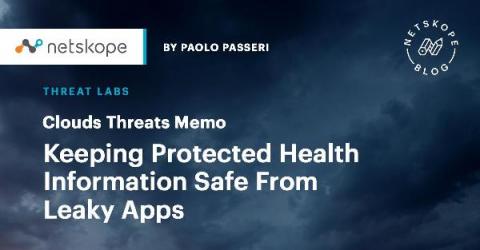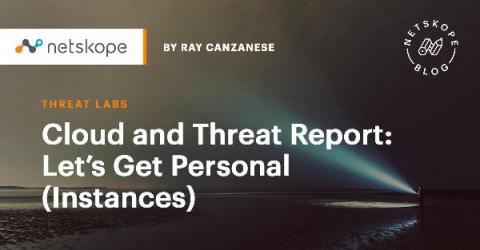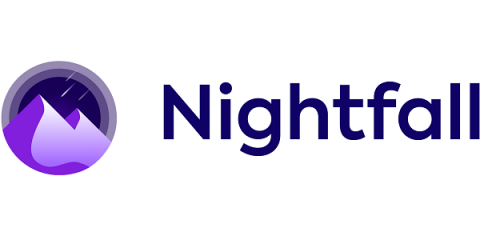Secure coding with Snyk's new JetBrains IDE plugin
We’re pleased to announce our new plugin for JetBrains IDEs, making it easier for developers to find and fix security issues as they code! Snyk’s new free JetBrains IDE plugin enables developers using IntelliJ IDEA and WebStorm to easily find and fix known vulnerabilities in their open source dependencies as well as any security issues and bugs in their own code.










